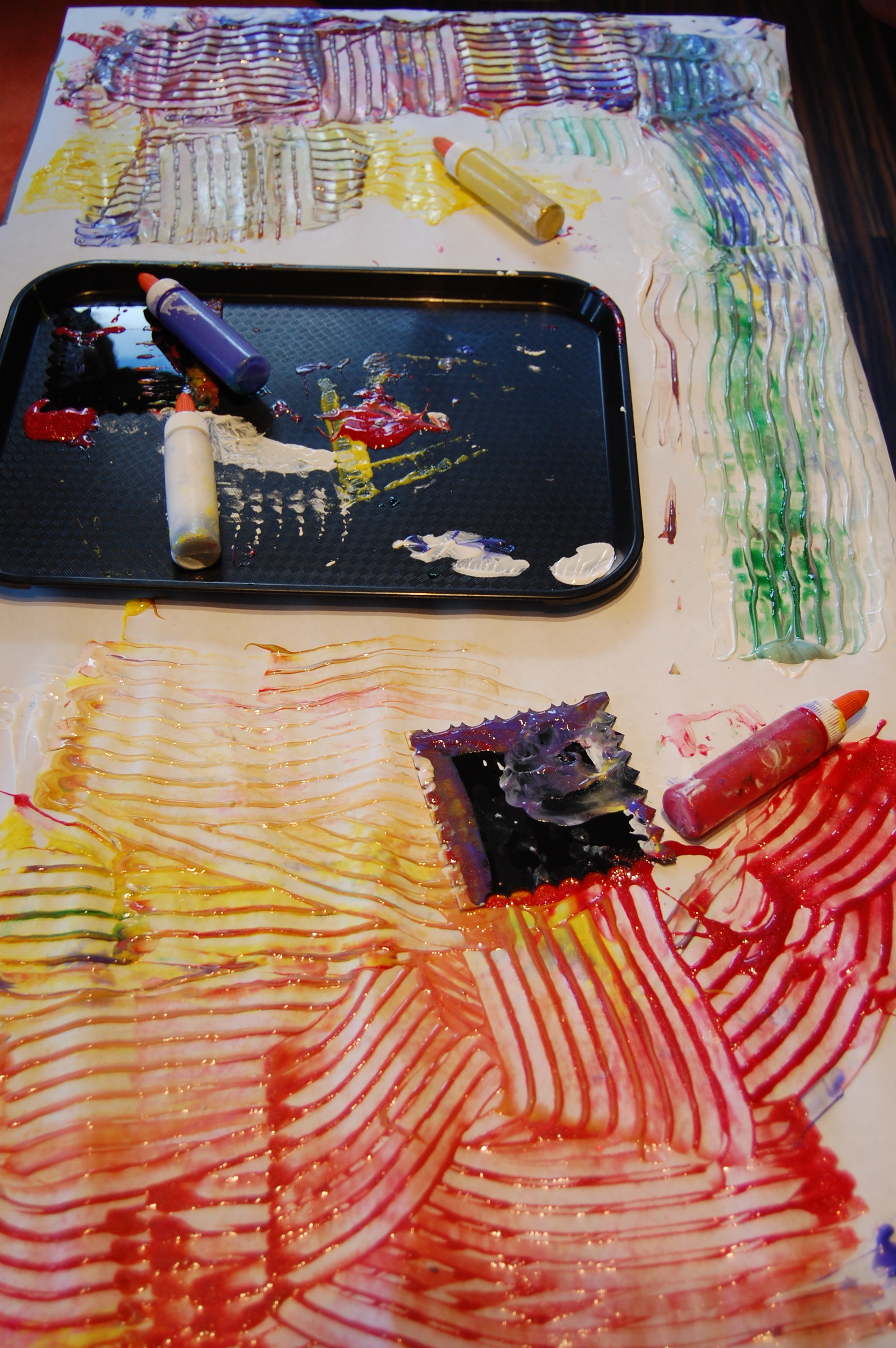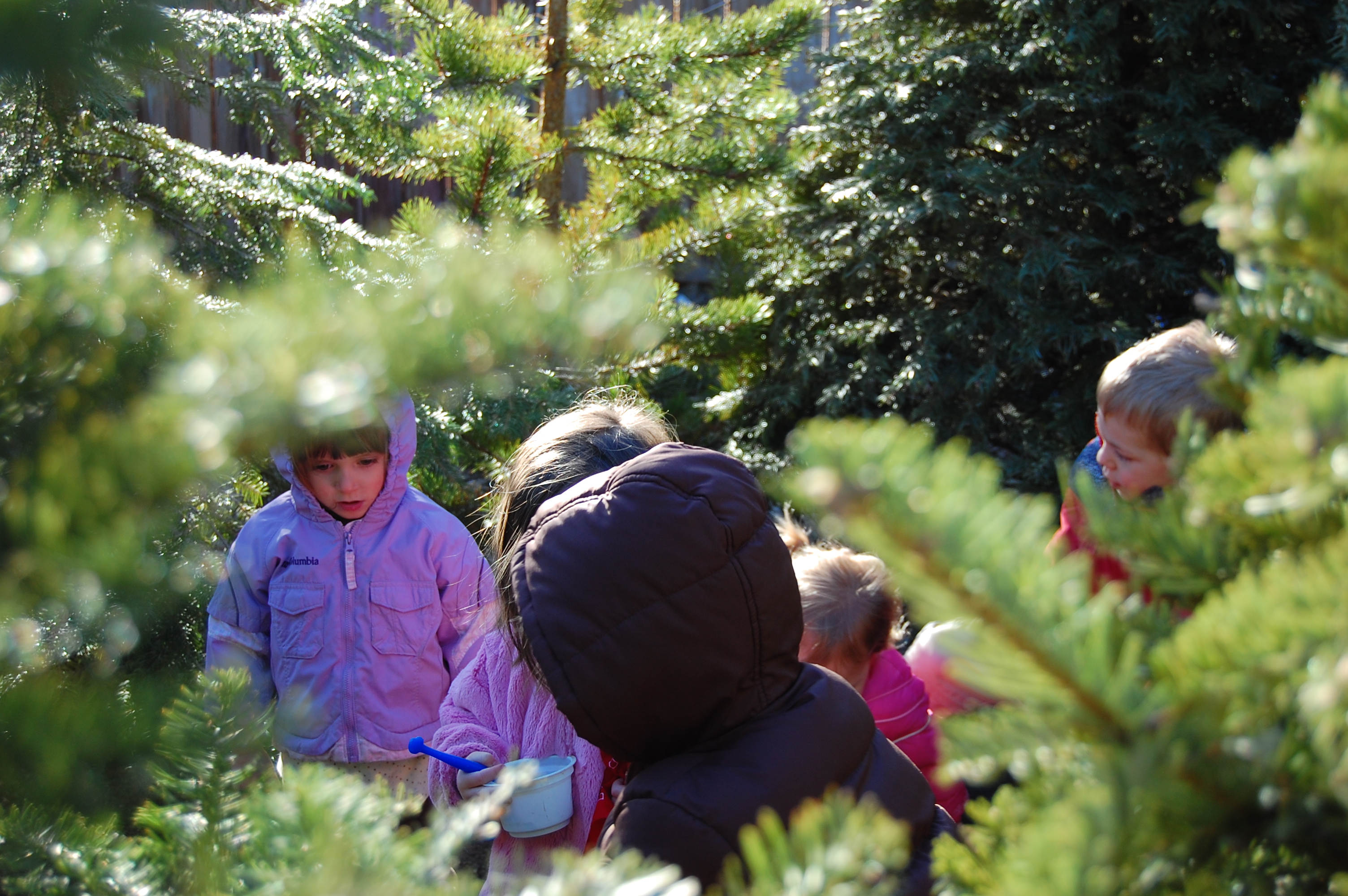Developing Character in little ones
 Saturday, February 26, 2011 at 09:57AM
Saturday, February 26, 2011 at 09:57AM In addressing the improvements needed in character education, Alfie Kohn says,
As examples of what to add, we might suggest holding regular class meetings in which students can share, plan, decide, and reflect together. We might also provide children with explicit opportunities to practice "perspective taking"-that is, imagining how the world looks from someone else's point of view. Activities that promote an understanding of how others think and feel, that support the impulse to reach imaginatively beyond the self, can provide the same benefits realized by holding democratic meetings- namely, helping students to become more ethical and compassionate while simultaneously fostering intellectual growth.
We may indeed feel redundant in our reminders to children to exhibit greater "ethical and compassionate" behaviors. This monotonous repetition is not due to the fact that children aren't listening, but rather the fact that they are simply at a place where the ability to empathize is currently under development. We need to maintain our patience with children when their behavior exhibits that lack of empathy. Our role is simply to guide them by modeling empathy and providing opportunities for their growth and development in that area. If we lose our patience, we risk demolishing the very thing we are attempting to build. Our impatience displays lack of empathy for the child we are intending to guide. So, parents, when you weary of correcting your preschooler's behavior, please slow down. Take a deep breath and strive for "ethical and compassionate" behaviors in yourself. Your watching child will learn from your example. Just remember...the empathetic child we desire is developing.




